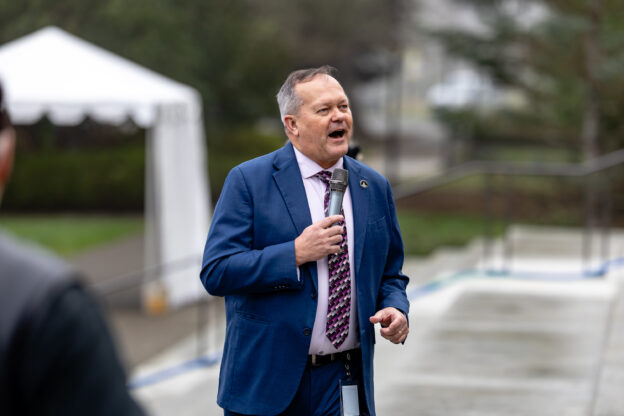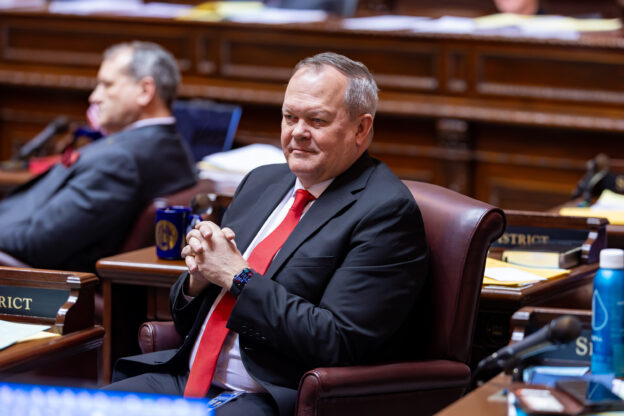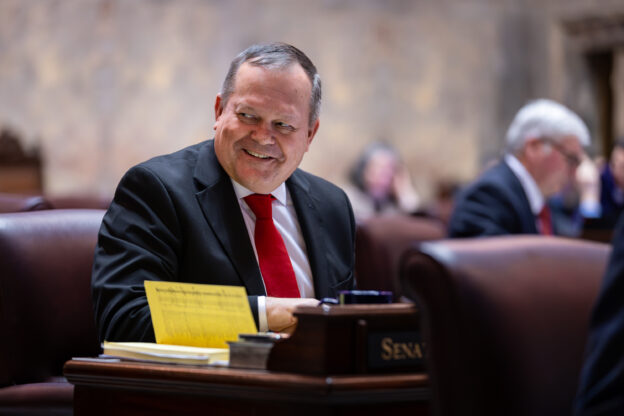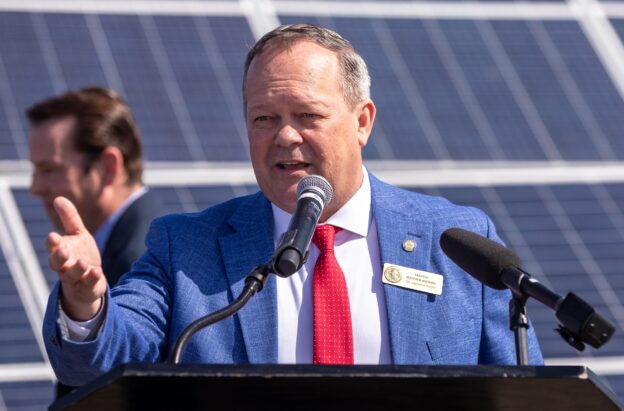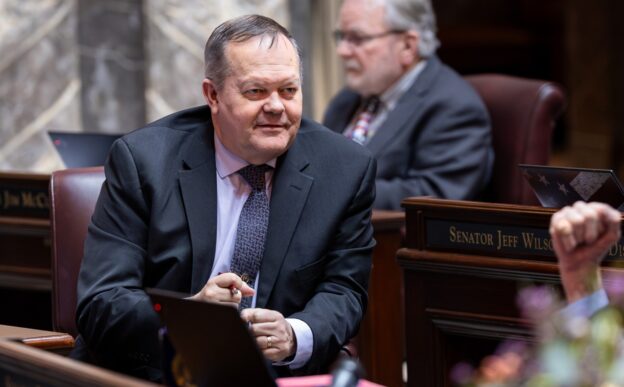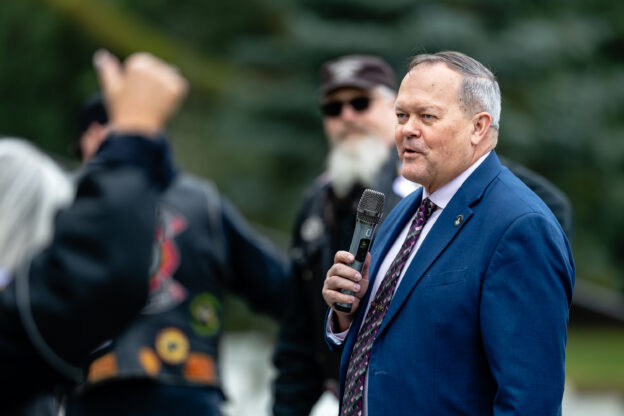Sen. Matt Boehnke, R-Kennewick/CREDIT: Washington State Legislature
As many of you know, the 43-day federal government shutdown has ended. The United States Department of Agriculture (USDA) confirmed that the spending package signed on November 12, 2025, will fund the government and restore key programs, including the Supplemental Nutrition Assistance Program (SNAP), through September 2026.
That’s good news, but the disruption the shutdown caused here in Washington will still be felt for some time.
Before reopening, the Washington State Department of Social and Health Services (DSHS) estimated that nearly 930,000 Washington residents faced losing food assistance beginning November 1 if the shutdown persisted.
With the shutdown approaching, DSHS reported that every $1 spent on SNAP benefits generates approximately $1.54 in local economic activity. This means that if benefits were to stop, our state economy could lose more than $265 million each month in momentum.
Many Washington families — especially single parents, veterans, seniors, and rural households — faced uncertainty about whether their benefits would arrive on time or in full. Food banks, already strained by inflation and record demand, expected increases in visits.
The bottom line: although the federal funding gap is now resolved, many Washington families went through weeks of anxiety, logistical issues, and economic ripple effects. That matters for neighborhoods, businesses, and our economy.
Now that the government is reopened and SNAP funding has been restored, we must ensure the timely and complete delivery of benefits to families. The USDA indicated that most states, including Washington, should receive the funds within 24 hours of reopening, although local loading on benefit cards may vary by state.
We need to watch how it affects later stages: the period of uncertainty likely increased pressure on food banks, slowed grocery shopping, and decreased activity among small businesses. Recovery will take time.
At the state level, we should continue to strengthen emergency support systems for those who may have been temporarily affected (e.g., missing work, losing groceries, incurring increased debt), especially in rural communities and among seniors and veterans.
It’s crucial to hold Washington, D.C. accountable. Our families should not be caught in the middle of political gridlock. We must advocate for responsible budgeting, genuine safeguards so programs like SNAP aren’t used as bargaining chips, and contingency plans to prevent the next shutdown — or near shutdown — from hurting our states again.
Finally, we should use this moment as a chance to build state-level resilience: strengthen partnerships between farms, grocers, and nonprofits, promote local food production and distribution, and ensure our rural economies are less reliant on unpredictable federal funding cycles.
As your state senator, I remain dedicated to defending families, seniors, veterans, and small businesses throughout our region. Here’s what I will continue doing:
Ensure that emergency state funding (e.g., food bank support) reaches the most severely affected communities.
Partner with local leaders to build robust food security and small business stabilization partnerships across rural Washington.
Push for stronger budget-governance reforms at the federal level and ensure that essential services, such as food assistance, are never again jeopardized by partisan stalemates.
Keep you updated on how these relief efforts are progressing on the ground — what’s working, what’s falling behind, and where we need to shift.
We saw during this shutdown that Washingtonians are resilient. I know I’ve witnessed our neighbors step up, from volunteer efforts to local businesses helping food banks. But good character and community service can’t replace sound governance. We need both.
Our vulnerable families — children, seniors, veterans — should never bear the brunt of political dysfunction. Now that the shutdown is over, let’s focus on recovery, resilience, and prevention.
Thank you for staying involved and supporting your neighbors through this difficult time.
I’ll keep fighting for policies that strengthen families, boost our economy, and focus on people—not politics.











